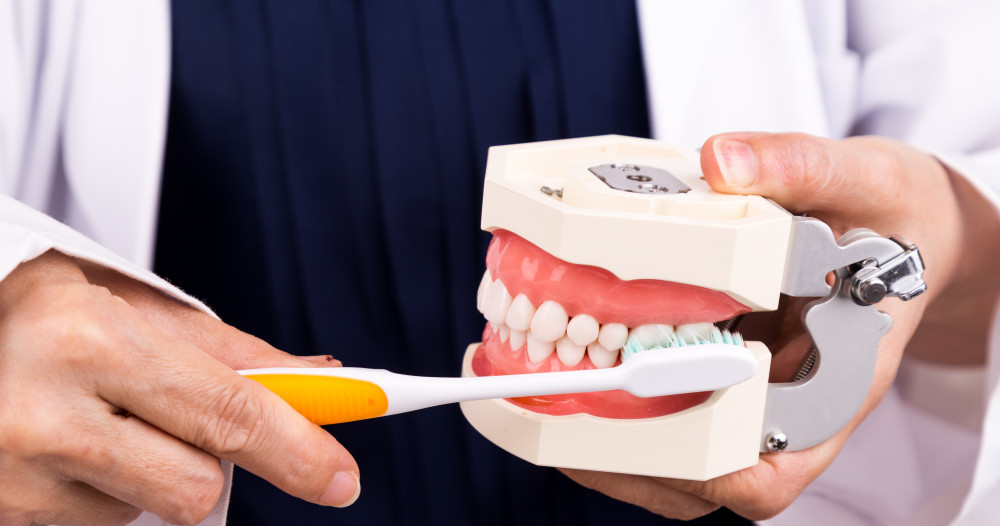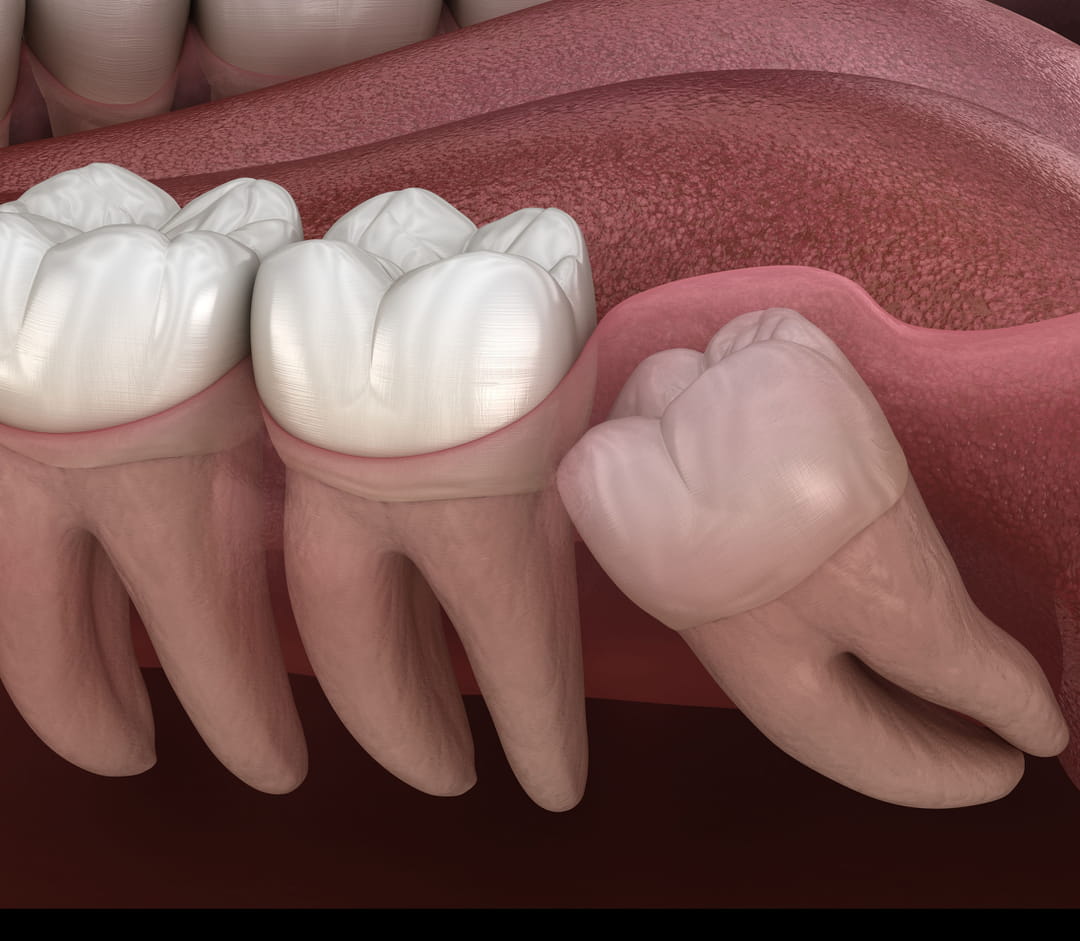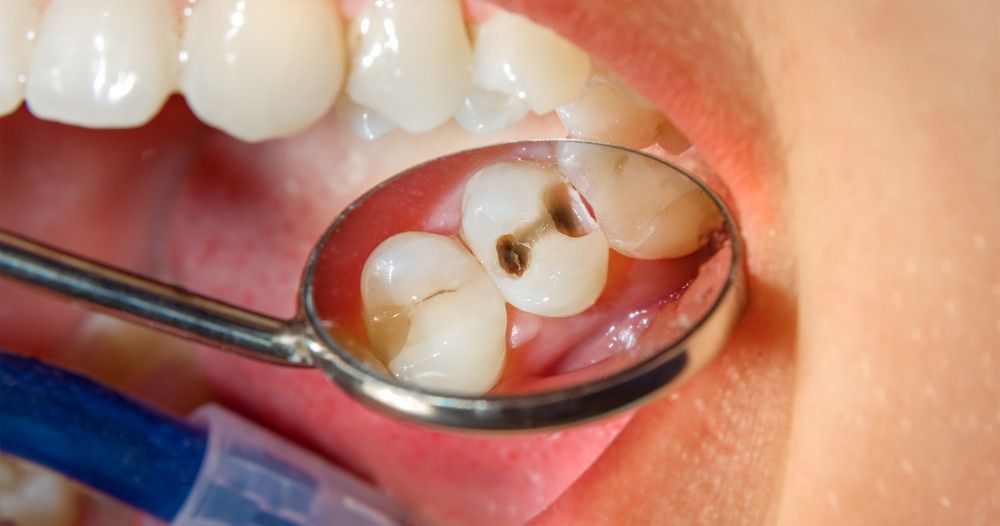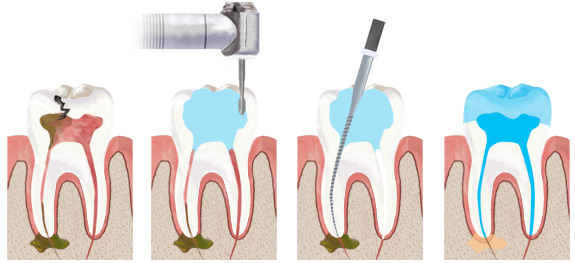
Dental hygiene tips
Dental hygiene tips
What toothbrush?
The manual toothbrush used must have soft bristles, with a small head to reach all corners. Too hard bristles can wear down your enamel and attack your gums significantly in the long term. Better is a soft brushing and a little longer than an aggressive brushing which could damage your enamel and your gums.
The electric toothbrush: circular type with alternating quarter-turn rotary motion. It significantly improves oral hygiene in people who have difficulty performing manual brushing (motor or mental deficit).
What brushing and how often?
Attention! While brushing is essential, it can also do more harm than good if done incorrectly. At least 2 brushings per day morning and especially in the evening. Brushing movements are often done inappropriately. At the beginning of the movement, the bristles of the brush must be laid on the gum towards the tooth. Be careful to brush all surfaces of the teeth.
Is brushing between teeth necessary?
Interdental brushes and dental floss should be an integral part of brushing. Indeed, the toothbrush whether electric or manual does not clean between the teeth. A large part of dental problems (caries, loosening, etc.) start between the teeth since bacteria stagnate there. If the gums are in good health, brushing should be done once a day, ideally in the evening. In case of gum disease, it may be necessary to do this 2 to 3 times a day. If the interdental spaces are too narrow, the brushes should be replaced with dental floss.
Toothpastes, what to choose?
Toothpaste is a complement to brushing, its purpose is to bring fluoride to the teeth. The amount and concentration of fluoride must be adapted to age. Fluoride was an important factor in reducing cavities when it was introduced into toothpastes because it strengthens the enamel. The other functions (antiscale, whitening, antibacterial) are secondary. Beware of whitening toothpastes and toothpastes for smokers as they are abrasive and can damage tooth enamel.
Mouthwashes, when to use them?
Mouthwashes are antiseptics, they should not be used daily outside of the cures prescribed by the dentist to avoid bacterial resistance. Under no circumstances can mouthwash replace good brushing.


